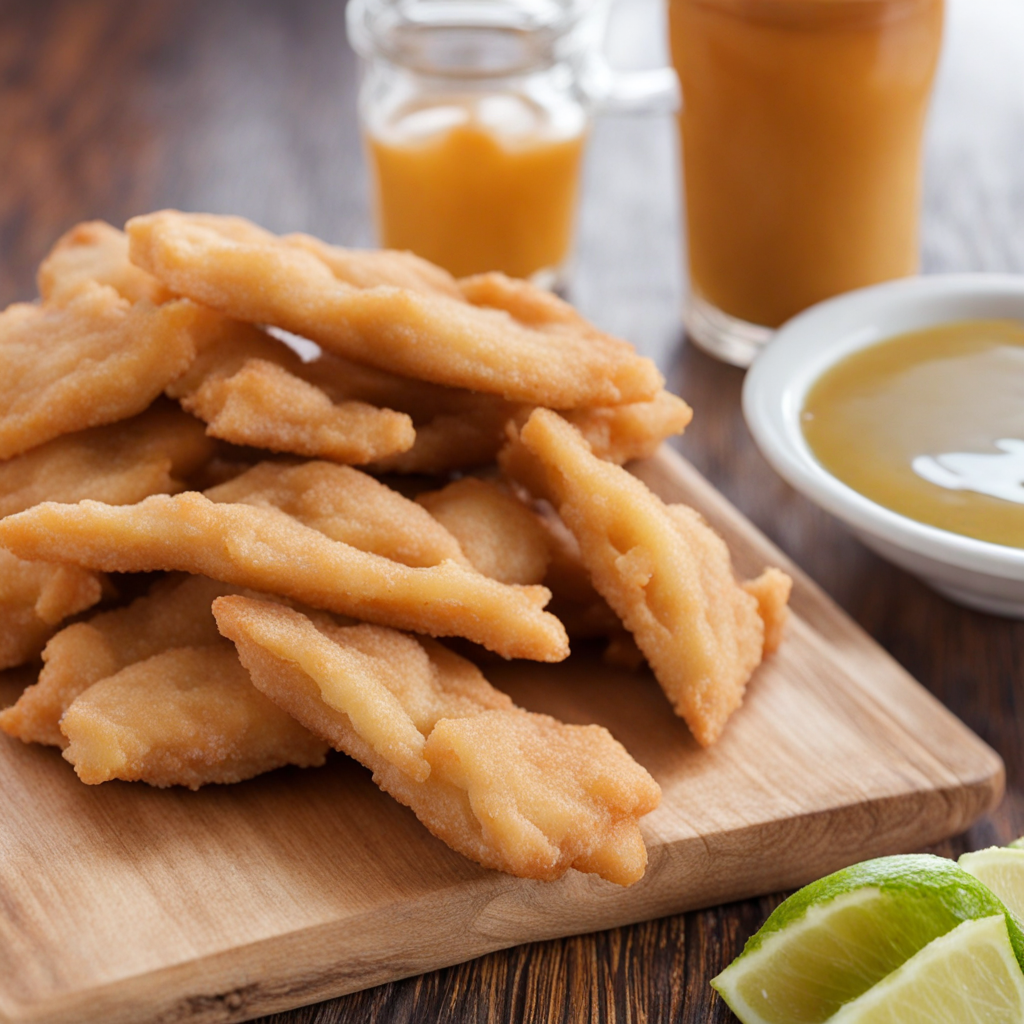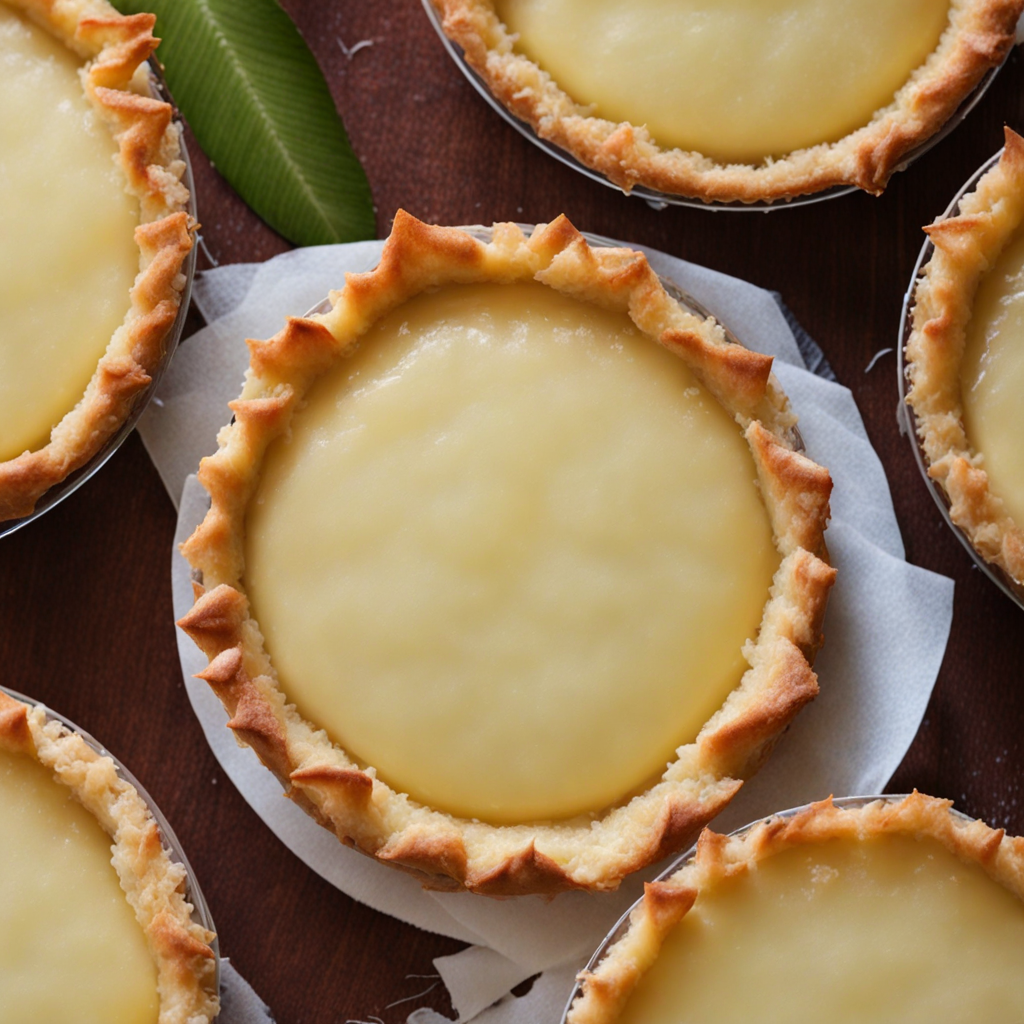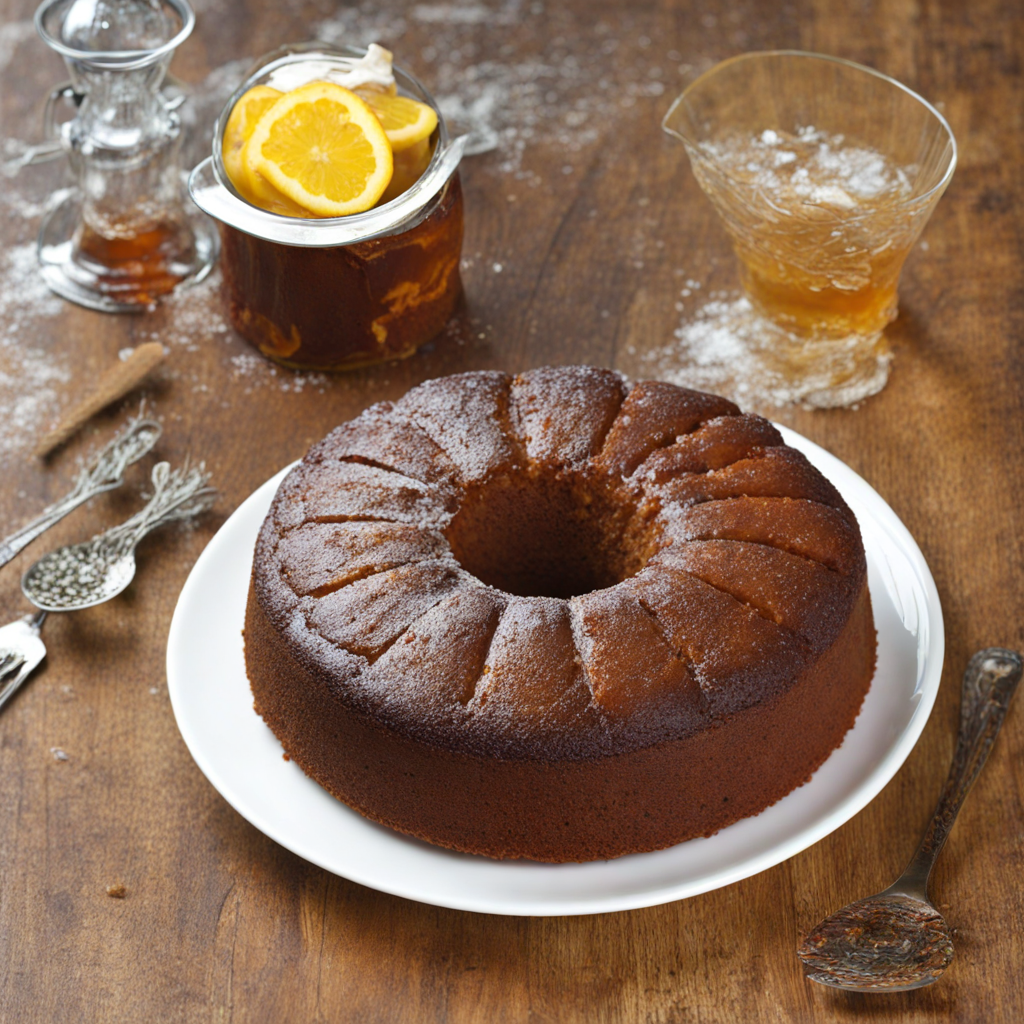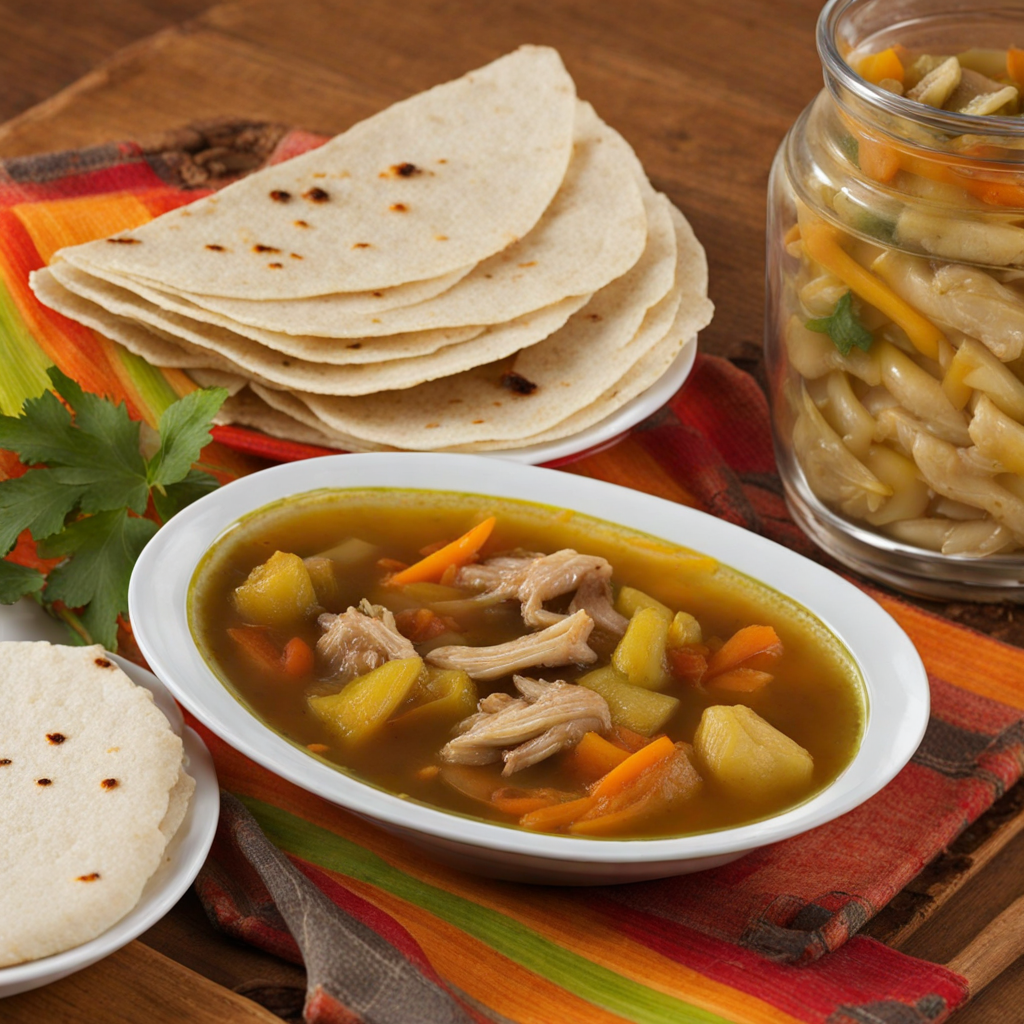Fry Jacks
Fry Jacks are a beloved Belizean breakfast staple that delivers a delightful combination of texture and flavor. These golden, puffed pastries are made from a simple dough that consists of flour, baking powder, salt, and water. The dough is rolled out and then deep-fried until it achieves a light and airy structure, resulting in a crispy exterior that gives way to a soft, fluffy interior. Their slight sweetness makes them a versatile dish, perfect for pairing with a variety of toppings and accompaniments, ranging from savory to sweet. Traditionally, Fry Jacks are served hot and can be enjoyed alongside refried beans, scrambled eggs, or even chaya (a local leafy green) for a heartier breakfast. They are also commonly found paired with Belizean staples such as stewed chicken or freshly sliced avocado. For those with a sweet tooth, Fry Jacks can be drizzled with honey or served with jam, making them a delightful treat any time of day. The combination of flavors and textures creates a comforting meal that warms the soul. The experience of enjoying Fry Jacks goes beyond just the taste; it embodies the warmth and hospitality of Belizean culture. Often, you’ll find them served at family gatherings or local eateries, where they are freshly made and enjoyed with loved ones. Their simple yet satisfying nature invites you to explore the vibrant culinary landscape of Belize, making Fry Jacks not just a dish, but a cultural experience that connects you to the heart of the country.
How It Became This Dish
The History of Fry Jacks in Belize: A Culinary Journey Fry jacks, those delightful golden pillows of fried dough, are not just a staple in Belizean cuisine; they are a beloved emblem of the country's rich cultural tapestry. Their origins are steeped in a blend of historical influences, and their evolution over time reflects the dynamic nature of Belize's diverse cultural heritage. To understand fry jacks, one must delve into their story—a tale that intertwines with the history of Belize itself. #### Origins: A Culinary Fusion The roots of fry jacks can be traced back to the indigenous peoples of Central America, who were the first to inhabit the region now known as Belize. They had a rich culinary tradition that revolved around corn, beans, and squash. However, the arrival of European colonizers, particularly the Spanish in the 16th century, introduced new ingredients and cooking techniques. The influence of the Spanish, along with that of the British, who colonized Belize in the 18th century, led to a fusion of culinary practices that would shape the future of Belizean cuisine. Fry jacks are thought to have been influenced by the Spanish buñuelo, a type of fried dough that is often served in various Latin American countries, and the British influence on bread-making techniques. The combination of these culinary traditions gave birth to what we now recognize as fry jacks. While the exact timeline of their emergence is difficult to pinpoint, it is clear that as Belize developed into a multicultural society, so too did its food traditions. #### Cultural Significance Fry jacks hold a special place in the hearts and stomachs of Belizeans. They are often served as part of a traditional breakfast, accompanying dishes such as beans, eggs, and cheese. Their light, airy texture and slightly crispy exterior make them a perfect vehicle for soaking up flavorful sauces and gravies. In many Belizean households, fry jacks are synonymous with family gatherings, celebrations, and even Sunday brunches, reinforcing their role as a comfort food that brings people together. The preparation of fry jacks is often a communal activity—a time for family members to gather in the kitchen, share stories, and enjoy each other's company. This tradition helps reinforce social bonds, making fry jacks not just a food item, but a symbol of community and togetherness. Additionally, they are often served to guests as a gesture of hospitality, showcasing the warmth and generosity of Belizean culture. #### The Development Through Time As Belizean society evolved, so did the fry jack. Initially, this fried dough was a humble dish, made simply with flour, baking powder, salt, and water. It was a practical meal for families who needed to prepare something quickly and easily. However, as culinary practices became more sophisticated and diverse, variations of fry jacks began to emerge. In contemporary Belize, fry jacks are often filled with a variety of ingredients, showcasing local flavors and seasonal produce. Some popular fillings include cheese, beans, and even chicken or fish. This adaptability has allowed fry jacks to maintain their relevance in an ever-changing food landscape. Moreover, Belize’s proximity to the Caribbean and Latin America has encouraged the incorporation of spices and techniques from these regions, further enriching the fry jack's flavor profile. Fry jacks have also gained international recognition. As tourism in Belize has grown, so has the exposure of local foods to visitors. Tourists flock to local eateries to experience authentic Belizean cuisine, and fry jacks often feature prominently on menus. This has led to a resurgence in the popularity of traditional dishes, allowing younger generations to reconnect with their culinary heritage. #### Fry Jacks in Modern Belize Today, fry jacks remain a quintessential part of Belizean breakfast culture. Street vendors, local markets, and restaurants serve them in various forms, often accompanied by the quintessential Belizean breakfast platter. The dish has transcended its humble origins to become a beloved cultural icon. In many households, the recipe for fry jacks is passed down through generations, each family adding their own twist, ensuring that the tradition continues. Moreover, Belizean expatriates have taken fry jacks with them to various parts of the world, creating a diaspora culinary culture that celebrates and preserves their heritage. Whether in the United States, Canada, or elsewhere, Belizeans have found ways to recreate fry jacks, often sharing their recipes and stories with friends and neighbors. This global reach not only highlights the dish's versatility but also its ability to evoke a sense of nostalgia and belonging. #### Fry Jacks as a Reflection of Belizean Identity Ultimately, fry jacks are more than just a dish; they are a reflection of Belizean identity. They encapsulate the essence of a nation that is a melting pot of cultures—Maya, Garifuna, Creole, Mestizo, and more—all contributing to a unique culinary landscape. Fry jacks embody the spirit of resilience and adaptation that characterizes Belizean society. In a world that increasingly values authenticity and heritage, fry jacks serve as a delicious reminder of the importance of food in cultural expression. They are a bridge between the past and the present, connecting Belizeans to their ancestors while also allowing them to forge new culinary paths. #### Conclusion In conclusion, the history of fry jacks in Belize is a captivating narrative of cultural convergence, community bonding, and culinary evolution. From their origins influenced by indigenous and colonial practices to their current status as a beloved breakfast staple, fry jacks are a testament to the rich and diverse heritage of Belize. As they continue to delight palates both locally and globally, fry jacks will undoubtedly remain a cherished symbol of Belizean culture for generations to come.
You may like
Discover local flavors from Belize







